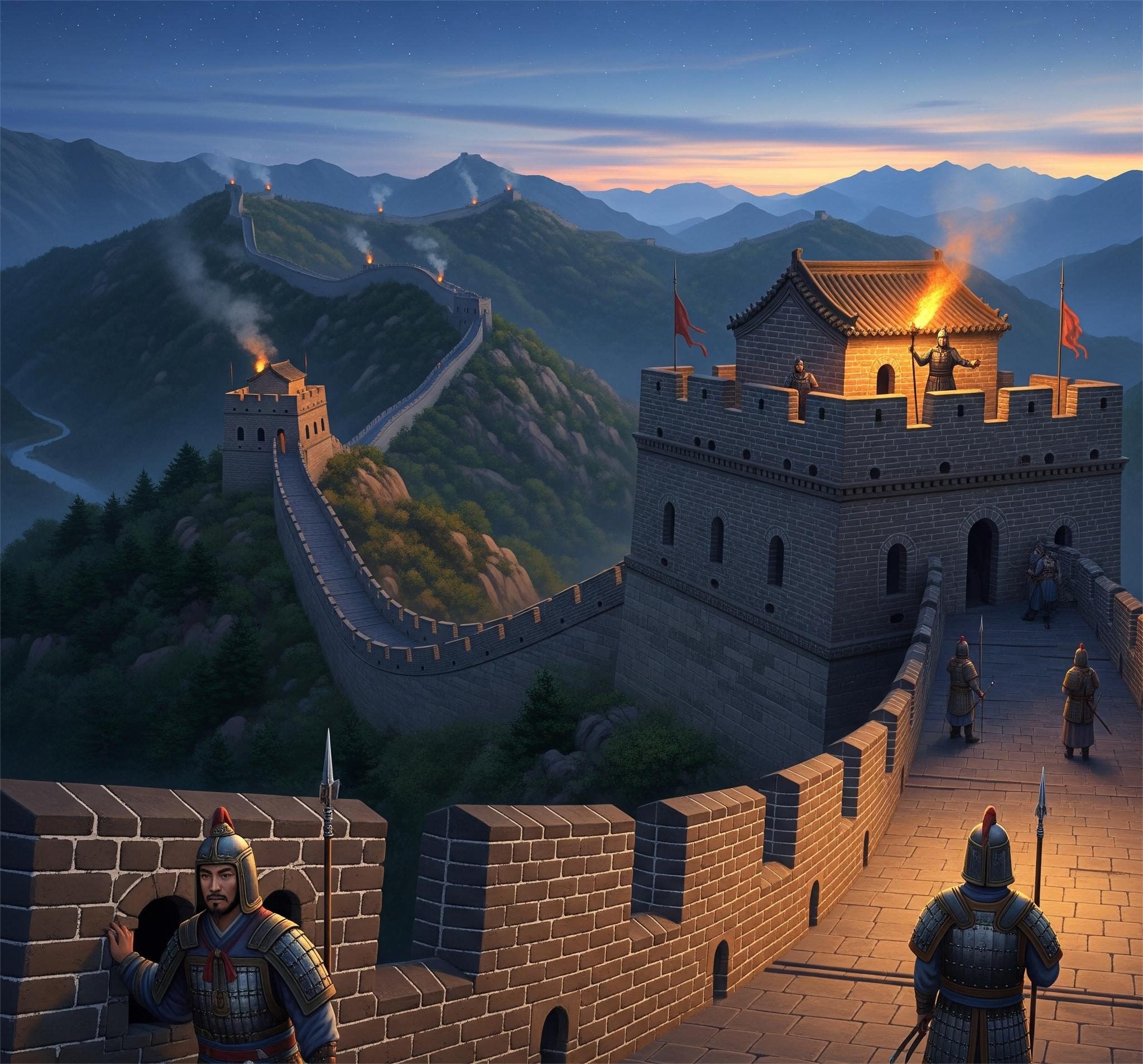The decline of Islamic empires in the late 18th century was followed by a series of events that reshaped the region. Napoleon's invasion of Egypt was a significant event that paved the way for the French to construct the Suez Canal and establish a foothold in India. After defeating the ruling mamlock at the Battle of the Pyramids, Napoleon marched on into the Levant but was forced to retreat from Palestine and Egypt in 1801.
A power vacuum was left behind, and Muhammad Ali emerged as the leader of the remaining Albanian forces. He concluded an alliance with the leader of the mamluks, Ibrahim Bay, to force the Turkish troops out of Cairo. However, further divisions emerged among the mamluks, and Muhammad Ali struck first to defeat his enemy. The public supported the Albanians, leading to a rebellion against the Mamluks. The Ottoman governor, Husrev Pasha, was unable to bring stability to the country due to financial problems, and the situation remained in a stalemate.







